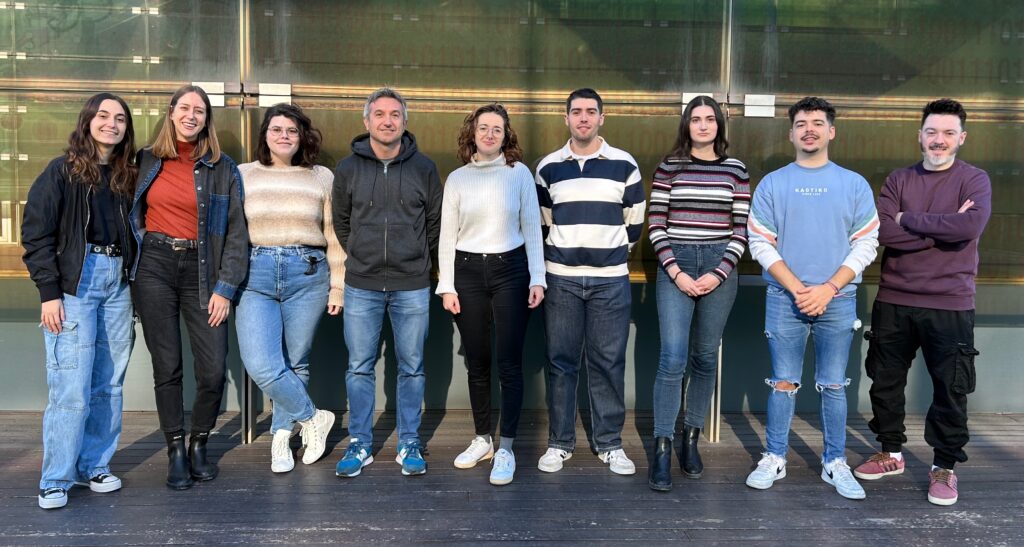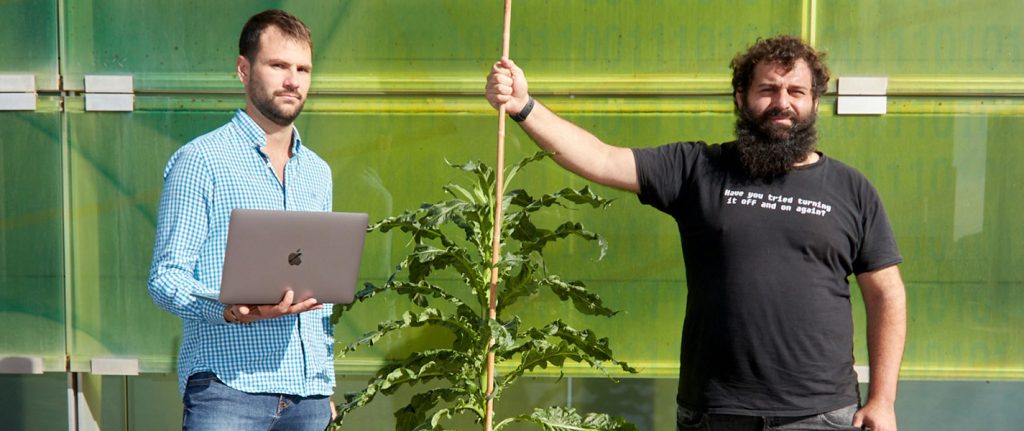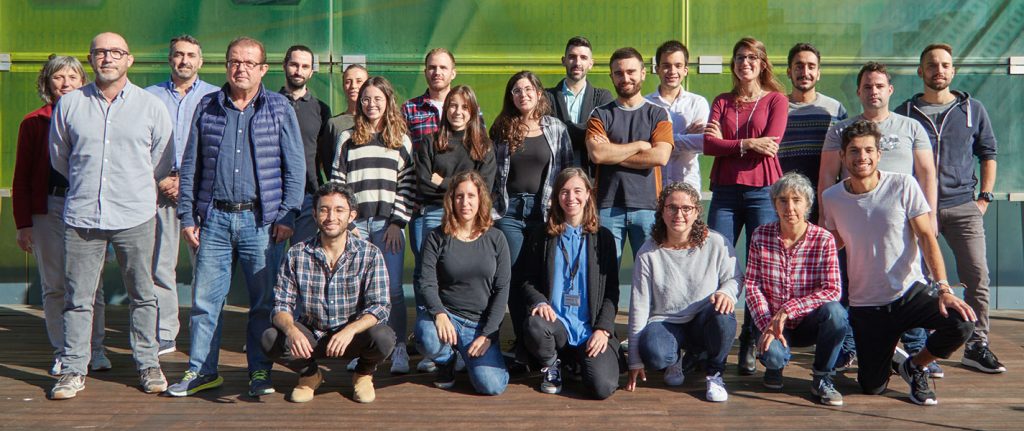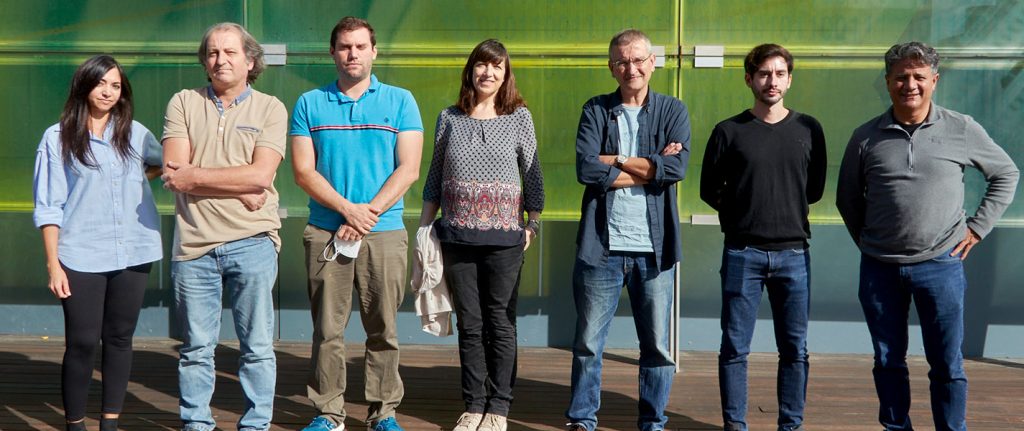Defensive Responses and Trophic Interactions in Crops

Plant Small RNA Biotechnology

Bioinformatics and Evolutionary Genomics

Adaptation of Plants to Environmental Stress and Biotechnology of Energy Crops

Plants Genomics and Biotechnology

Genomics in Plant Breeding



